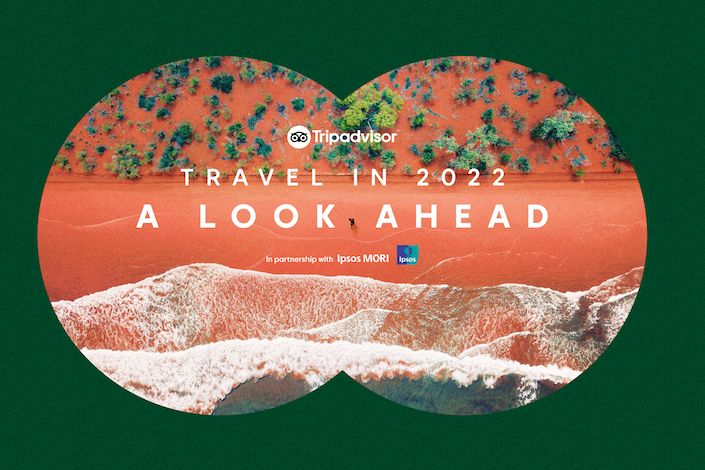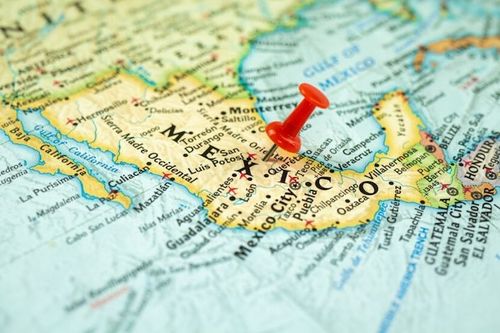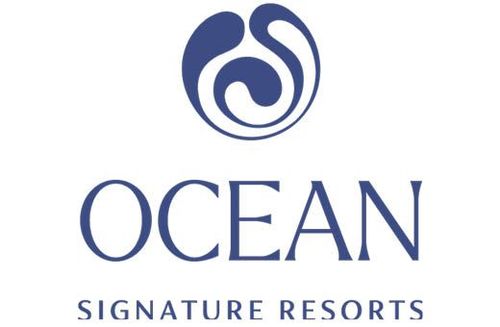Where travel agents earn, learn and save!
News / Travel in 2022: Tripadvisor and Ipsos MORI reveals 2022 is the year of the travel rebound
Study of Ipsos MORI sentiment analysis and first-party Tripadvisor data shows traveler intent for 2022 demonstrates high demand for booking experiences and a willingness to spend more on travel, while encouraging businesses to maintain safety protocols to win over travelers

A new travel trends research paper released by Tripadvisor®, the world's largest travel guidance platform*, in partnership with Ipsos MORI, reveals how consumers are planning to travel in 2022 and beyond, and how their attitudes and behaviors in relation to travel have changed as compared to pre-pandemic. While outside factors like COVID-19 variants, international travel rules and staffing shortages still can represent existential threats to traveler behaviors, year-end sentiment and search data shows ongoing demand for travel remains high. Who benefits from the tourism demand? As travelers spend more, cultural experience providers (tours and attractions), tourism businesses catering to domestic audiences and companies adhering to safety standards will win the hearts and minds of travelers.
'Travel in 2022 - A Look Ahead' which can be viewed for free (click here), combines consumer sentiment analysis, gathered by Ipsos MORI on behalf of Tripadvisor, via surveys in five major international markets, and behavioral analysis of Tripadvisor's first-party search data -- uncovering several travel patterns, such as the average length of trip planned for 2022 and the amount travelers are looking to spend, according to searches they actively made on the Tripadvisor platform before year-end.
"Despite new variants of COVID-19, consumers across the globe still want to travel and explore. This is evident in our month-over-month search data which shows a consistent, healthy increase in page views post-holidays," said Kanika Soni, Chief Commercial Officer, Tripadvisor, Inc. "Travelers are quickly adapting to local public health conditions, with cleanliness and safety remaining important factors in their planning."
Unsurprisingly, the report continues to show that the pandemic weighs on the minds of people across the countries featured in this study. The good news is that reported travel intent for 2022 compared with 2019 and analysis of planned average trip spend show prospects for a strong year ahead in the hospitality industry.
Key findings from the study include:
- Planned travel in 2022 surpasses actual travel in 2019
- Across the five key markets around the world that were surveyed, those likely to travel for leisure purposes in 2022 outpaces pre-pandemic reported travel levels
- In the UK, 78% of respondents said that they are likely to travel for leisure in 2022, compared to 72% of those who said that they traveled for leisure in 2019
- In the United States, 2022 leisure travel intent is up 8 percentage points (pp) compared to 2019, with 71% saying they are likely to travel for leisure in 2022
- Singapore leads the way in travel optimism, with 82% reporting they are likely to vacation in 2022, up 2pp compared to 2019. Australia (72%) and Japan (51%) are trending similarly, with those who are planning a leisure trip in 2022 up 7pp and 5pp from those who reported traveling in 2019, respectively
- Average spend per trip for 2022 is beyond that of 2019, as travelers look to level up their travel experience**
- According to Tripadvisor site behavioral data, American travelers are expected to spend 29% more on their average trip in 2022 than they did in 2019
- In Australia, average booking rates are expected to be up by 16% in 2022 against 2019
- Singaporean travelers booking values are also expected to increase by an average of 7%
- On the other end of the spectrum, the average Japanese traveler is expecting to spend 30% less in 2022 compared with 2019. In Italy, average booking spend is expected to be down 19%. While in the UK, Brits are planning to spend slightly less on 2022 travel than they did in 2019 (-1%)
- Shifting from behavior to sentiment, over a quarter of travelers in each of the five markets surveyed said it is more important now than before the pandemic to splurge on a big trip. In the United States, roughly 3 in 10 Americans (29%) who traveled for leisure in 2019 said it's more important now than before the pandemic to splurge on a big trip. Twenty-eight percent of Singaporean and Australian travelers, 27% of Japanese travelers and 25% of UK travelers said the same
- Domestic travel continues to lead the way
- While a sizable proportion of consumers across most of the markets surveyed plan to travel abroad for leisure in 2022, traveling within their home country is still the most favored option
- Seventy-four percent of Singaporean respondents plan to travel domestically for leisure, compared with 53% who plan to travel abroad for leisure. Seventy-three percent of Brits say they plan to travel within the UK for leisure compared with 48% planning to travel abroad
- In the US and in Australia, 68% of respondents in each market said they are likely to travel domestically in 2022, while 29% of Americans said they are likely to travel overseas in 2022 compared to 38% of Australians
- In Japan, 50% of Japanese respondents reported that they are likely to travel within their home country in 2022, compared to 10% of those likely to travel internationally
- Travelers are seeking new travel experiences in 2022 and beyond
- More than a third to nearly half of all travelers surveyed in the United States (41%), UK (38%), Australia (46%), Japan (34%) and Singapore (49%) said that traveling to a destination they've never been to before would be more important to them now, compared to trips they took in 2019, when choosing where to travel
- Three-quarters (75%) of Americans said that it's important they "see new places" when thinking about their future travel plans, 74% of Australians, 73% of Singaporeans, 70% of Britons and over half (59%) in Japan said the same
- The top three most important considerations, across the markets surveyed, in future travel plans to visit a destination was to get immersive by seeing new places, having new experiences and learning about history and culture
- Forty-four percent of Singaporean travelers, 38% of Australians and a third (34%) of Americans and UK travelers respectively said that it's more important now than before the pandemic that they choose a destination where they can immerse themselves in "authentic local experiences". A quarter (25%) of Japanese travelers said the same
- In both the US and Australia, 30% of travelers said it's more important now that they "pack as many activities" into their holiday travel as possible. While in the UK, 28% said it's more important for them to plan an action-packed travel experience in 2022 or beyond
- About 2 in 10 travelers in each of the five markets surveyed said they will do more guided cultural activities – those activities and tours where subject matter experts and professional guides allow for travelers to sit back, learn, relax, and see all that an area has to offer – when planning trips in 2022 or beyond than before the pandemic (except in Japan where this proportion was 14%)
- COVID-19 case counts, safety protocols, quarantine restrictions, and cleanliness are all key factors in travel decision making in 2022
- Eighty-five percent of Singaporean travelers, nearly three-quarters of Japanese (73%) and Australian (74%) travelers, 72% of British and 70% of Americans say that cleanliness measures of a hospitality business will be an important factor in their travel decision making next year, even after COVID-19 cases have dropped worldwide
- Approximately 7 in 10 respondents in each of the markets said that destinations that have a low number of COVID-19 cases are important when making a decision on where to travel next
- One-third of the Brits (32%) and Americans (33%) who aren't traveling next year said they've decided against it because of uncertainty surrounding possible travel restrictions. Over half (55%) of Singaporeans, 47% of Australians and a quarter (25%) of Japanese respondents cited the same reason










